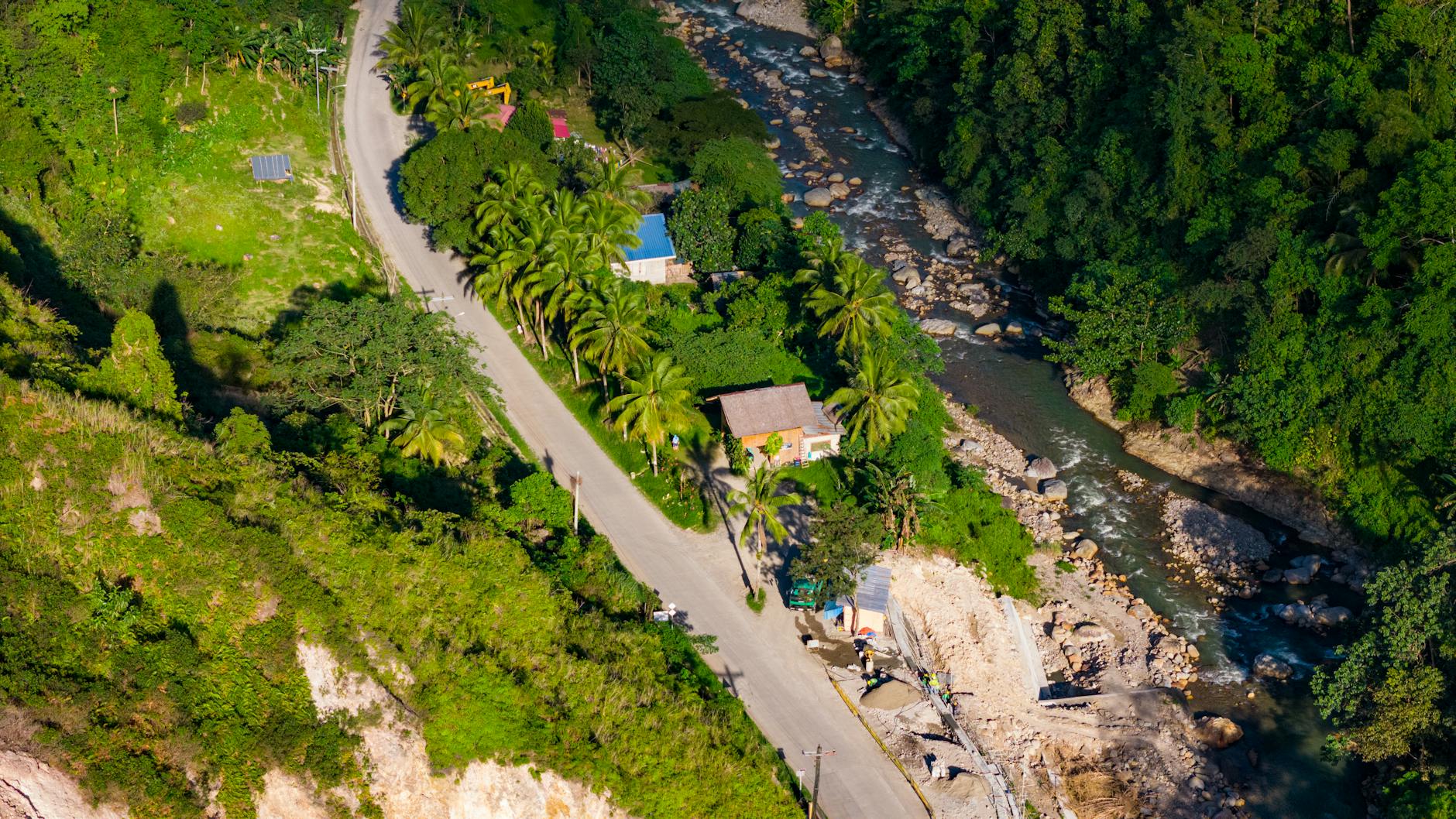How Australia Embodies the Spirit of Nature Conservation

Australia's Conservation Landscape
As I stroll through the vibrant Fremantle Markets, I'm reminded of the immense beauty and biodiversity we have in Australia. It's these local experiences that drive my passion for conservation efforts. One thing I've learned throughout my journey is that our national parks and reserves are essential sanctuaries, providing safe havens for countless species of flora and fauna. Parks like Kakadu and Daintree require consistent care and attention to ensure their ecosystems remain intact namibia safari.
Another aspect of Australia's rich conservation landscape is our biodiverse hotspots, which include regions like the south-west coast. These areas are home to an impressive variety of species that are unique to our country. However, these regions are continuously threatened by human activities and climate changes. It's crucial for us, as conservationists, to support and advocate for the protection of these vital spaces. Whether it's through private efforts or supported initiatives like tanzania tours, these areas need attention to preserve their lush wonders.
Finally, our marine conservation zones hold a special place in my heart. Initiatives like the Great Barrier Reef Marine Park showcase the importance of maintaining a balance between human recreation and marine life habitats. Protecting these waters is a mission I am deeply committed to, often drawing parallels to my frequent visits to the serene South Beach here in Fremantle. It's truly inspiring to see how every conscious decision we make contributes to the broader goal of global conservation efforts such as victoria falls safari.
Innovative Conservation Practices
Indigenous Land Management
Living in Fremantle, I've observed how our local communities apply age-old Indigenous land management techniques to enhance our ecosystem, much like they do in the limitless savannahs of tailormade Africa. Here in Western Australia, traditional practices involve controlled burns that promote biodiversity and prevent catastrophic wildfires. These methods not only sustain our natural environment but also uplift Indigenous communities by acknowledging their cultural wisdom in managing landscapes sustainably.
Wildlife Rehabilitation Programs
When strolling through South Beach, you might notice efforts to rehabilitate injured marine life, a practice that reflects broader wildlife rehabilitation programs across the nation. These initiatives are vital for preserving the unique species that define Australia's rich biodiversity. From specialised marine centres to grass-roots organisations, the dedication to saving our native wildlife is incredibly inspiring. Volunteers play a crucial role, providing hands-on assistance to ensure animals like sea turtles and coastal birds are nursed back to health and reintroduced to their natural habitats.
Sustainable Forestry Initiatives
In the heart of Fremantle's Arts Centre, community gatherings often highlight sustainable forestry initiatives aimed at preserving our woodlands. These efforts echo similar movements like those in tailormade South America, focusing on balancing timber production with ecological preservation. By endorsing sustainable practices and supporting certified products, we contribute to forest conservation, ensuring that our natural resources remain vital and vibrant for future generations.
Community and Conservation
Local Engagement Efforts
As someone who has spent countless afternoons at the Fremantle Markets, I've seen firsthand the power of local communities in conservation. Residents gather to exchange not just goods but ideas on how to protect our natural surroundings. In places as diverse as Fremantle and regions in Africa, community involvement is key. During an africa safari I once embarked on, I was inspired to see how local communities work with conservationists to protect their invaluable wildlife while promoting sustainable tourism. It's this kind of grassroots action that drives long-lasting environmental change.
Volunteer Programs
Volunteering forms an essential bridge between individuals and conservation. Many programs allow participants to contribute directly to environmental efforts, offering opportunities in everything from wildlife tracking to tree planting. These experiences are not only educational but also deeply rewarding. Through volunteering, I've personally witnessed the transformational impact we can have when unified by a common cause. For example, sustainability projects I've participated in along South Beach have demonstrated how committed we are to improving long-term environmental health.
Educational Outreach
Education is another cornerstone of effective conservation, playing a crucial role in raising awareness and cultivating future environmental stewards. Schools and local groups in areas with rich biodiversity often run campaigns and workshops to teach the importance of protecting our planet. Even in some unexpected locales, like the vibrant antarctica cruises community, outreach programs focus on conservation's broader narrative. Whether through public lectures at the Fremantle Arts Centre or interactive sessions, such educational efforts equip communities with the knowledge required for sustainable coexistence with nature.
Challenges in Conservation
Threats to Habitats
In my experience working amidst Australia's diverse landscapes, one of the most pressing issues is the threat to habitats. As I frequent places like the Fremantle Markets, I am reminded of how crucial it is to maintain a balance between human development and ecological preservation. Deforestation and urban expansion are contributing significantly to habitat loss, endangering the rich biodiversity that I have dedicated my life to protect.
Climate Change Impacts
The impact of climate change on our environment is palpable. From rising temperatures to erratic weather patterns, climate change disrupts ecosystems and threatens species survival. I've witnessed firsthand how polar expeditions reveal the extent of glacial melting, underscoring the urgent need for global climate action. As we navigate these uncharted waters, conserving our fragile ecosystems is more critical than ever.
Human-Wildlife Conflicts
Complex yet inevitable, human-wildlife conflicts present another pressing challenge. In Australia, wildlife sometimes find themselves in suburban areas, leading to conflicts that could endanger both the animals and local communities. These encounters often remind me of an African safari experience, where respecting boundaries between humans and wildlife was paramount to harmonious coexistence. As conservationists, it's our responsibility to find solutions that protect our natural world while fostering an environment where humans and wildlife can coexist peacefully.
Essential Conservation Practices
Embracing Responsible Tourism
Having spent countless weekends at the vibrant Fremantle Markets, I've seen firsthand how tourism can both support and strain natural environments. Australia’s landscapes are as diverse as its wildlife, and adopting sustainable travel guidelines is crucial. Responsible tourism encourages tourists to tread lightly, respecting the delicate balance of ecosystems. By visiting places such as the Fremantle Arts Centre or the serene South Beach, people can enjoy nature while supporting local businesses committed to conservation principles. It's a philosophy we all need to embrace to preserve Australia's pristine environments.
Cultivating Respectful Wildlife Adventures
Reflecting on my encounters with wildlife, it's vital we foster respectful interactions. Ethical wildlife experiences require considering the wellbeing of animals over human entertainment. Similar to initiatives I've engaged with around Fremantle, such as observing native marsupials in their natural habitat, true ethical practices involve educating visitors and maintaining a harmonious distance. Through understanding and respect, like those taught in marine conservation zones, we allow species to flourish without undue stress.
Boosting Local Conservation Efforts
One of the most rewarding aspects of my journey as a conservationist has been supporting local projects. Fremantle hosts numerous endeavors focused on sustainability—from community beach clean-ups to habitat restoration activities. These initiatives empower individuals and groups to take ownership of their environment, ensuring lasting impact. By actively engaging with and contributing to these initiatives, we can strengthen community spirit and bolster conservation efforts throughout Australia.


